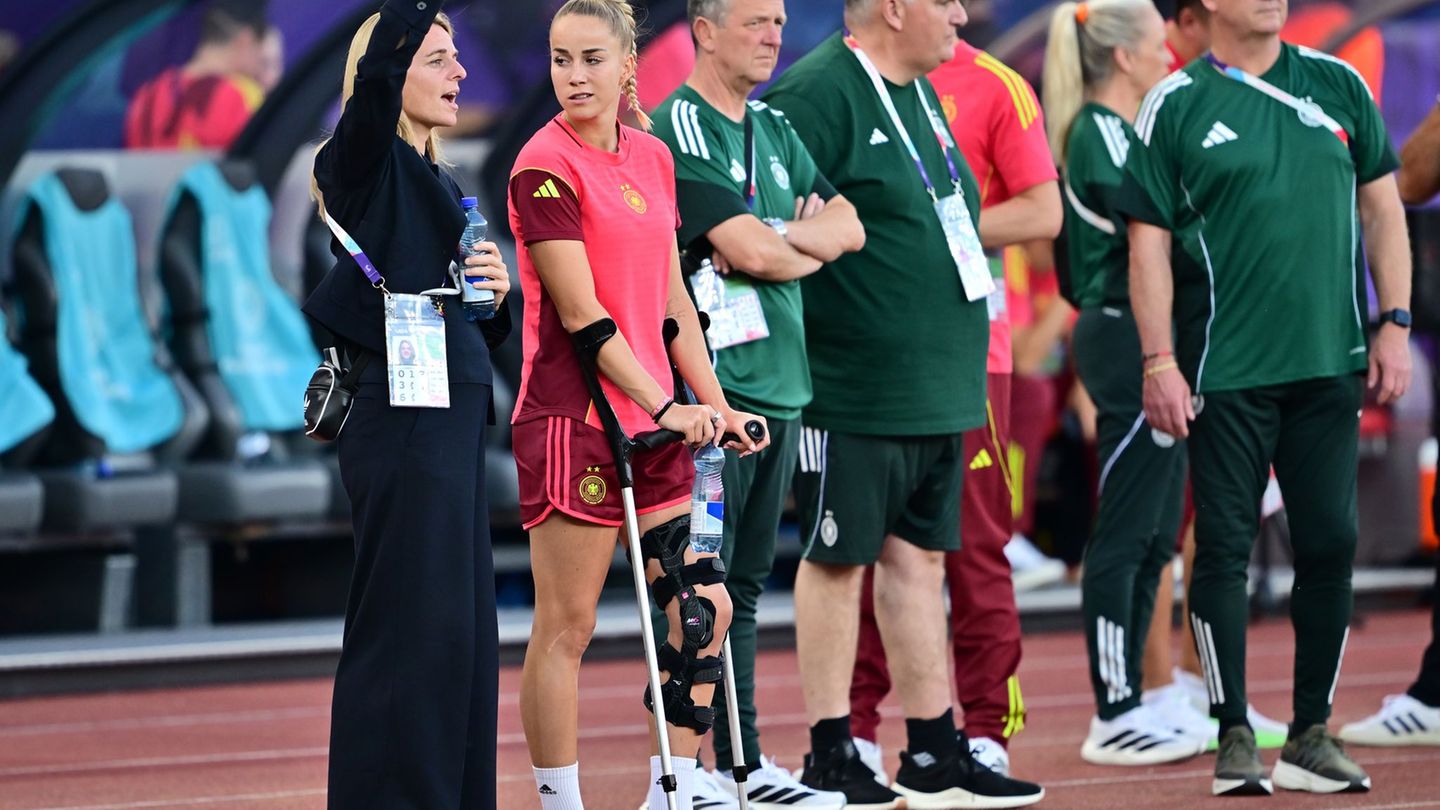Postbank customers must be prepared for restrictions again. Negotiations will continue next week. But the Deutsche Bank board is already having consequences.
The Verdi union is keeping the pressure high with further warning strikes before the third round of collective bargaining for Postbank. This Friday and Saturday (March 15/16), employees in branches and call centers nationwide are once again called on to strike, as the union announced.
“We expect a significantly improved offer from employers in the next round of negotiations,” emphasized Verdi negotiator Jan Duscheck. The negotiations are scheduled to continue on Monday (March 18) in Frankfurt/Main.
The requirements
Verdi is demanding 15.5 percent more money for around 12,000 employees in the Deutsche Bank Group with a Postbank collective agreement, but at least an increase in salaries of 600 euros. The German Bank Employees Association (DBV) wants to raise 14.5 percent more money for employees of Postbank, Postbank branch sales, PCC Services and BCB.
Due to the announcement of branch closures, Verdi is also pushing to secure jobs in the long term by extending protection against dismissal until December 31, 2028. Deutsche Bank wants to close up to 250 of the 550 Postbank branches by mid-2026 and also cut staff.
Shortly before Christmas, Deutsche Bank promised that it would not lay off employees for operational reasons in its private customer bank in Germany until the end of September of the current year.
In the second round of collective bargaining on February 26th, according to Verdi, the employers offered a further extension of protection against dismissal up to and including June 2026 with a total term of the agreement of 29 months, as well as an increase in salaries by five percent from June 2024 and by a further two percent from July 1, 2025.
Fewer bonuses for Deutsche Bank board members due to Postbank chaos
The decline in profits and the Postbank chaos have reduced the remuneration of the Deutsche Bank board of directors for the 2023 financial year. Including bonuses, the eleven managers working over the year, headed by CEO Christian Sewing, earned a good 64.6 million euros after around 64.9 million euros a year earlier. The Frankfurt DAX group announced this on the occasion of the presentation of the annual report.
Because of the problems at the subsidiary Postbank, the supervisory board cut short-term variable remuneration for almost all board members. In particular, the then deputy CEO Karl von Rohr, who was responsible for the private customer sector at the time and has since left the bank, had to give up: the control committee cut off a good half of his short-term bonuses.
Von Rohr’s total remuneration was a good 5.3 million euros, well below the around 7.3 million in the previous year, although the manager was only on Deutsche Bank’s pay slip in 2023 until the end of October.
In connection with an IT change, Postbank received an increasing number of complaints from customers who were temporarily no longer able to access accounts or complained about delays in building financing. The financial regulator Bafin sent a special supervisor to the bank. Contrary to what CEO Sewing promised in the fall, not all problems could be resolved by the end of 2023.
Sewing’s total compensation was also lower at a good 8.7 million euros; for the 2022 financial year it was a good 8.9 million euros. However, CFO and Group Vice President James von Moltke has improved significantly, with his total compensation rising from around 7.1 million euros to a good 7.6 million euros. Part of these sums will only be paid out with a delay depending on the success of the business.
The total remuneration of employees in the Deutsche Bank Group rose by one percent to 10.3 billion euros within a year because the financial institution employed more people than the year before. The bonus pot for employees, however, shrank by six percent to 2.0 billion euros.
Last year, Deutsche Bank achieved its highest profit before taxes in 16 years at almost 5.7 billion euros. The bottom line, however, was that there was a decline in profits: the surplus attributable to shareholders fell by around 16 percent to 4.2 billion euros.
Source: Stern




